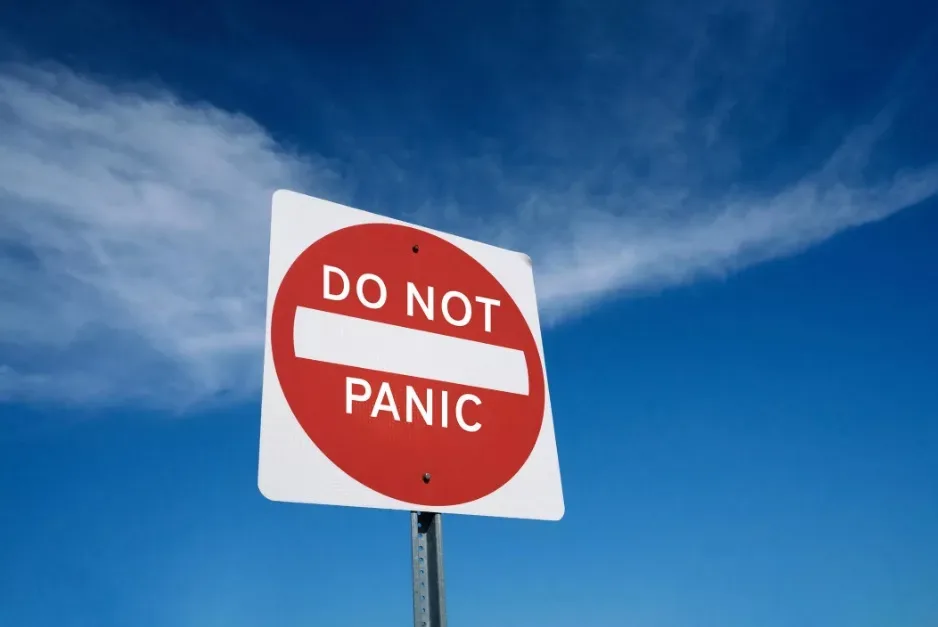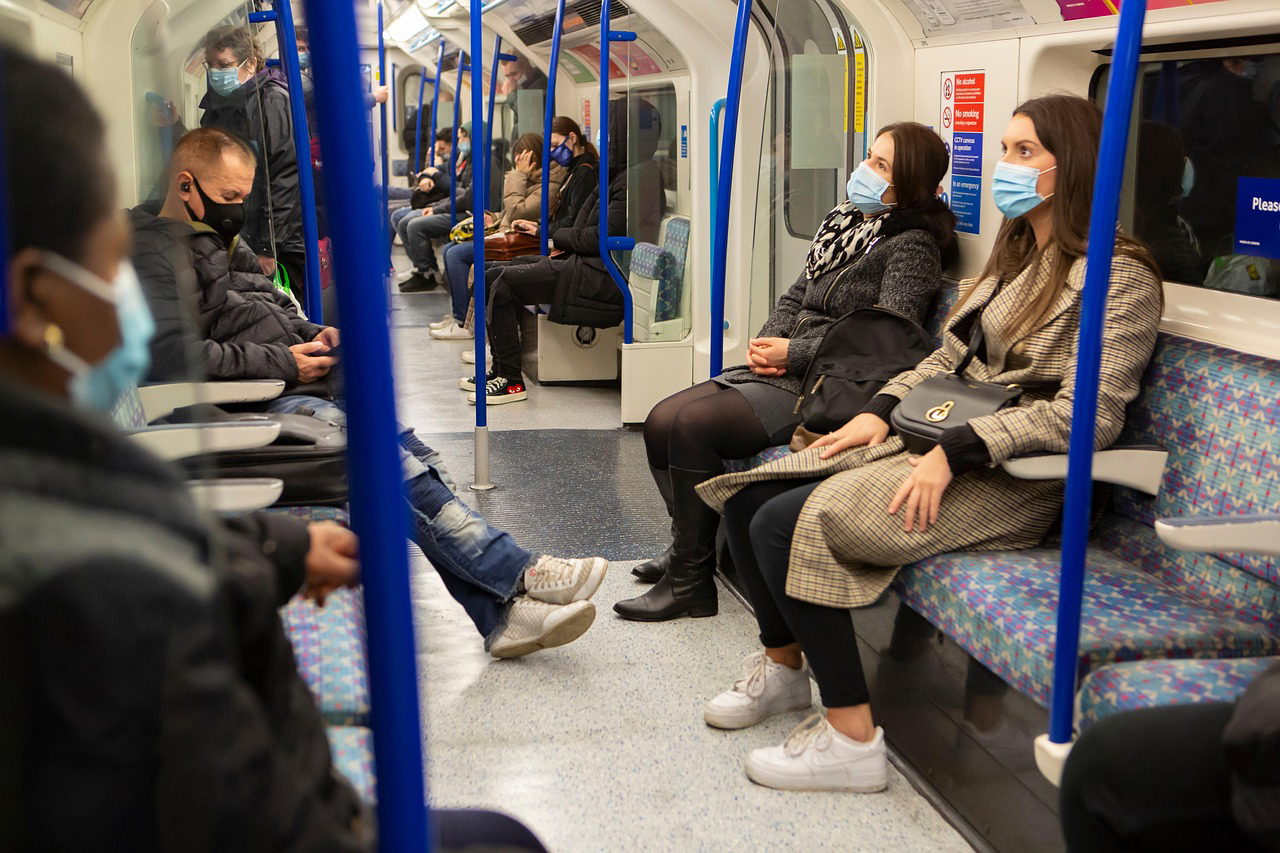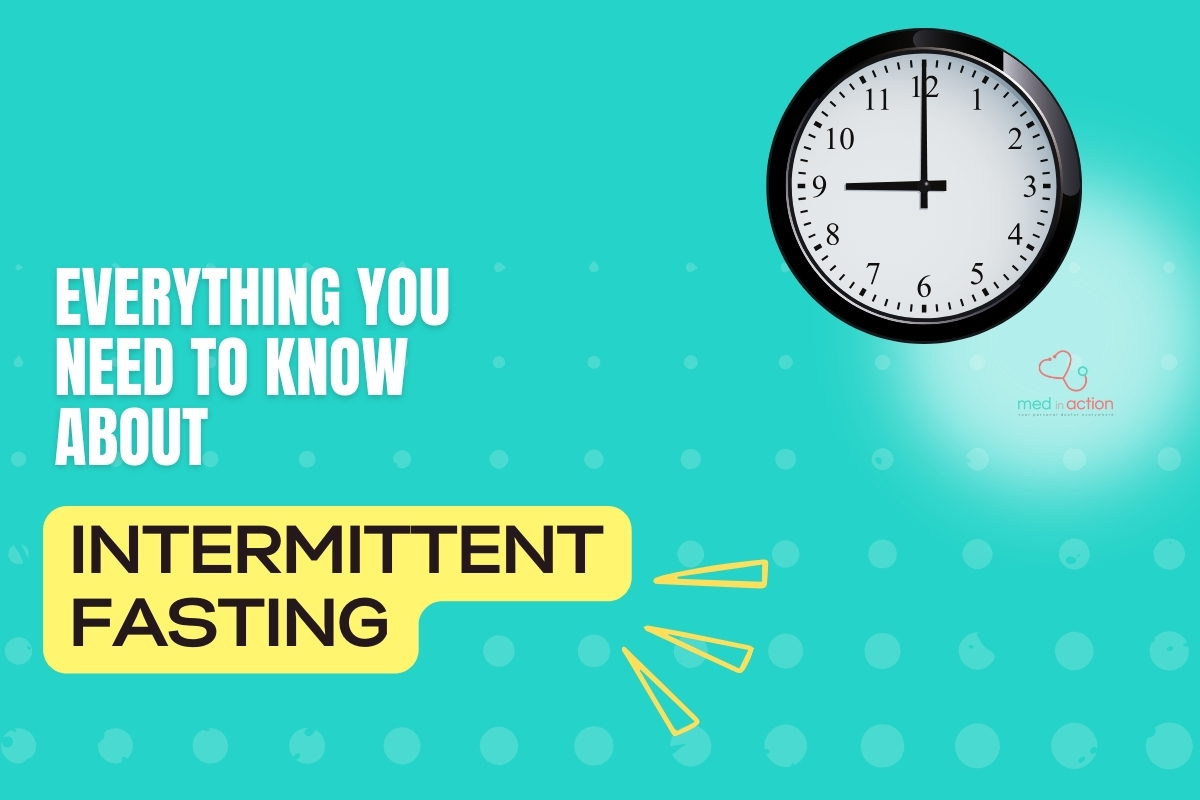Whoever and wherever you are reading this, you will likely be at various stages of getting to grips with the current situation. Maybe you’re trying to work out how to use the technology needed to do your job remotely? Thinking creatively about what’s possible to do from home, which projects need to be attended to and what can feasibly be done to make it all happen? Many of you will have been trying to sort out childcare issues, travel plans, medical appointments and general ‘life stuff’ over this last week as well as talking to friends and family around the world about the latest updates.
At Equilibrio we’re not great believers in simply putting a ‘positive spin on things’ for the sake of it. Instead we’d like to help you manage this period and all that is ahead in the best way possible. We hope you find the following tips useful:
1. As you experience this extraordinary period in life think about the ‘position’ that you take in relation to it. Consider the approach of having one foot ‘inside’, fully immersed and engaged – and at the same time having the other foot ‘very slightly outside’. It’s like being ‘in it’ – without losing yourself ‘in it’. You can do this by simply being curious. Take an interest in what’s happening to you and those around you – moods, concerns, thoughts, feelings, sensations. Recognize them as ‘normal reactions to this abnormal event’. Take comfort in the fact that you don’t actually have to ‘do anything’ in particular with whatever you’re noticing beyond acknowledging it and being curious about it. If you feel like it, write about it or talk to others. If you don’t, that’s fine too.
2. Consider making a list of all the things in life you never normally get around to. Are there particular books/articles you’d like to read, or series you’ve wanted to see? Research you’ve been meaning to undertake? New interests you’d like to pursue? Planning for journeys to make when things calm down, even cupboards and paperwork to sort through?
3. Recharge your batteries with activities that help you to transform or ‘defuse’ your stress: reading, simply hanging out a home, gardening, painting, art, meditating – whatever it takes to unplug from all that’s going on around you.
4. Even if sharing information about what’s going on is helpful, talking about any subject over and over again becomes stressful, and COVID-19 is no exception. Think about your interests, hobbies, other areas of interest in your life and make a concerted effort to talk about these too in order to avoid ‘feeding stress and anxiety’.
5. Remember that when stressed we often find ourselves talking in an aggressive, or confrontational way, as though our underlying irritation ‘takes the lead’. Notice when this is happening to you and take a break. Try to focus on making your communication clear and to the point. Are you generalizing? catastrophizing? Try to stop using the words ‘always’ and ‘never’ and see if you notice a difference.
6. It’s important to keep abreast of what’s happening, at the same time choose when and how to do so – decide upon just one TV/internet news source and/or one daily newspaper – then update yourself twice a day, maybe once in the morning and once in the late afternoon/early evening. Give a time limit for each.
7. Don’t forget your sense of humor…however dark! Be sensitive around others of course; at the same time remember that a good laugh can be as cathartic as any good cry and either and/or both are fine.
8. Keep moving. This may be a challenge given the current restrictions in some countries and for those of you used to going to the gym, doing yoga, pilates, swimming etc. you might be feeling particularly frustrated. Look for online gym sessions you can do at home. Websites like this can help: https://hundredpushups.com/ You could also try this 7-minute workout:

9. Remember that this period is temporary and with the right approach this event should pass quickly.
Source 7 minute workout: well.blogs.nytimes.com




